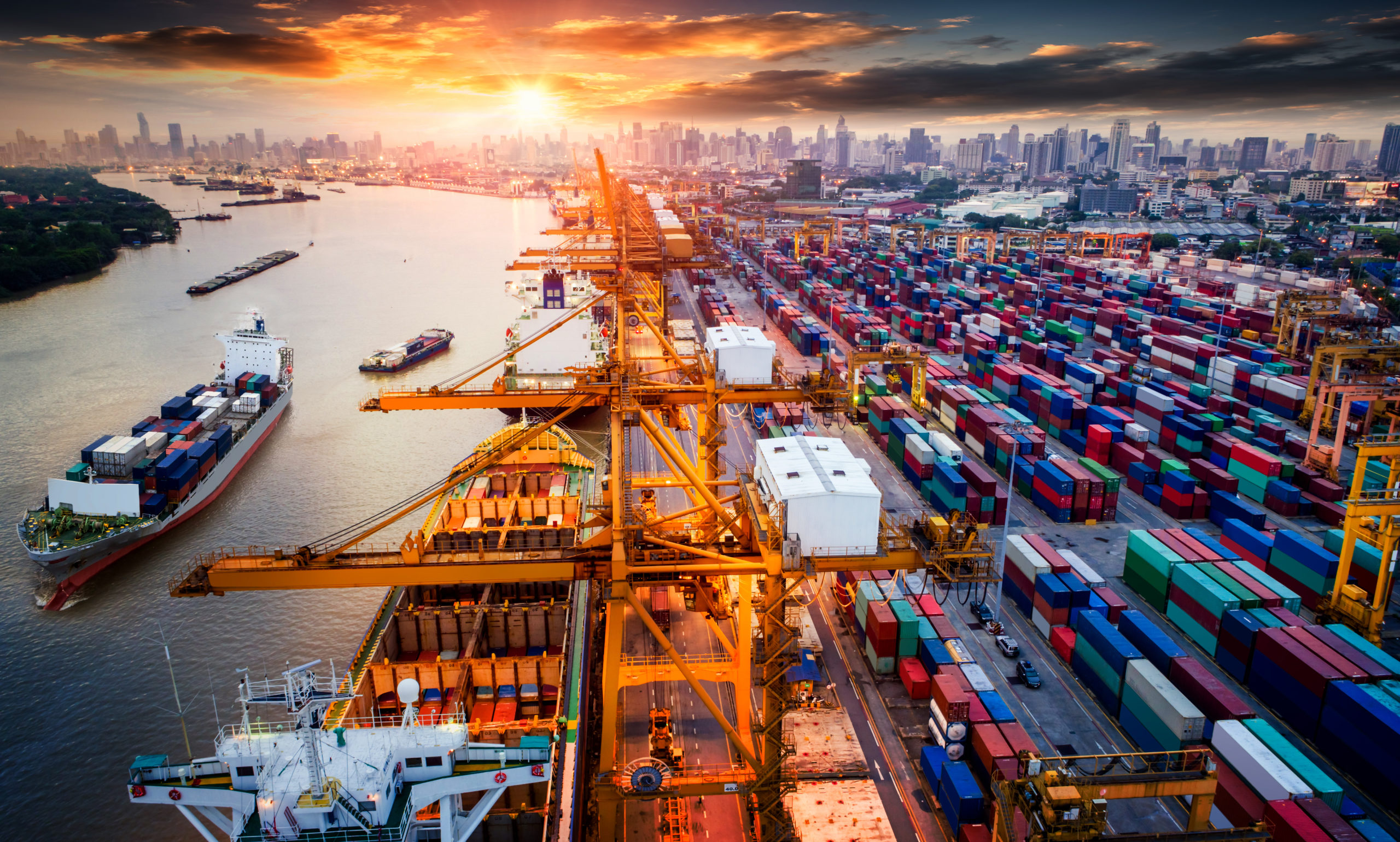The Basics of Ocean Freight Shipping
Ocean freight shipping is one of the most widely used methods for transporting goods across the globe. This method involves the use of cargo ships that carry large quantities of goods packed in containers. These ships travel long distances, making ocean freight an affordable and efficient option for businesses. Compared to air freight, ocean shipping takes longer, but it allows for the transport of heavier and bulkier items. Companies often choose ocean freight for non-urgent deliveries due to its cost-effectiveness, especially when shipping in large volumes.
Key Players in the Ocean Freight Industry
Several key players contribute to the smooth operation of ocean freight shipping. These include shipping lines, freight forwarders, customs brokers, and port authorities. Shipping lines operate the cargo vessels, while freight forwarders coordinate shipments on behalf of the shipper, ensuring that the goods reach their destination safely and on time. Customs brokers handle the paperwork needed to clear goods through customs, and port authorities manage the port facilities and ensure that cargo handling runs smoothly. All these entities work together to provide a seamless and reliable shipping experience for businesses.
The Benefits and Challenges of Ocean Freight Shipping
One of the major benefits of ocean freight shipping is its cost-effectiveness. Shipping by sea is much cheaper compared to air freight, especially for heavy and bulky items. It is also a more environmentally friendly option, as ships produce fewer emissions per ton of cargo compared to airplanes. However, ocean freight comes with its challenges, such as longer transit times and the potential for delays caused by weather conditions, port congestion, or customs clearance issues. Businesses need to weigh these pros and cons when deciding whether ocean freight is the right option for their shipping needs.
Future Trends in Ocean Freight Shipping
The ocean freight shipping industry is continuously evolving, with new technologies and practices emerging to improve efficiency and sustainability. Automation and digitization are playing a big role in streamlining operations, with innovations like blockchain improving transparency and reducing paperwork. Green shipping practices are also becoming more prevalent, with a focus on reducing carbon emissions and adopting cleaner energy sources for ships. As global trade continues to expand, the ocean freight industry is poised to adapt and grow, making it an essential component of international logistics for years to come.




